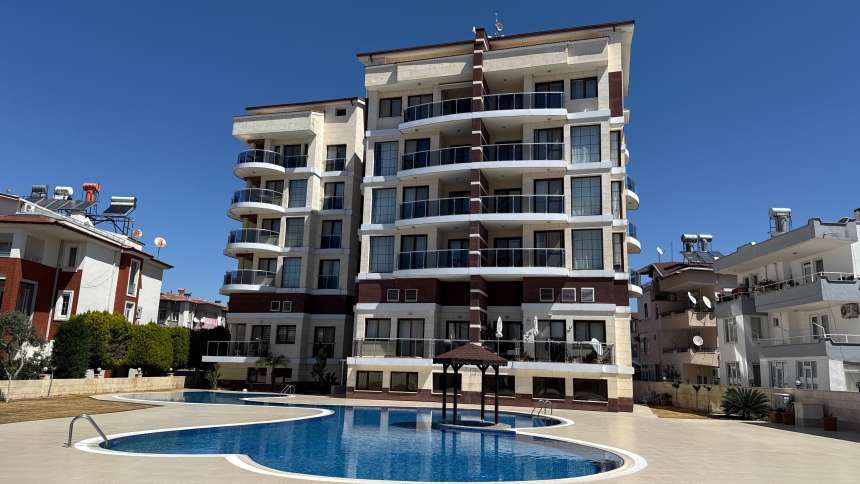Timeless Traditions of Turkey
Street sellers
In the morning in certain districts of Istanbul street sellers call out as they walk through the cavernous streets of apartment houses: they sell many food items from fish to 'simit' (like a roll or bagel). Often the street sellers are looking for items to sell that people have in their homes that they don't want anymore and calling out as they walk along pushing a rather large cart around that is made of wood. When a person in an apartment hears the call out from the street they will generally just yell out the window of their flat and have the worker come up and take whatever item from them (talking out apartment windows is very common!). Street sellers have a long history in Turkey and this is just one interesting aspect about them.

Fortune Telling
Coffee readings (kahve falı) can be done by a fortune-teller after drinking Turkish coffee. Coffee sediments are left to settle in the cup after the saucer is put over the cup and turned upside down. During the reading the coffee shapes in the cup are interpreted through symbols appearing on the bottom half which is regarding the past, and symbols on the top half are future events. The saucer can be used in the reading also: if it comes off easily when it is lifted off the cup there is an indication that life will flow for the person. Predictions are made in local cafes by anyone “gifted” or people can also pay to go to a professional reader. This coffee reading idea is taken so seriously in the culture that when someone has a Turkish coffee, even at home, they turn the cup over onto the saucer when they are finished as an idea to engage or protect their fortune.

Ancient Symbols
Turkish carpets and rugs (kilim) are of very high quality and have intricate designs. Hand-knotted carpets or rugs in Turkey have very ancient histories and the design elements are like ancient Egyptian pictographs, meant to inform, communicate and convey ideas. Each geometric shape has a very specific meaning. The symbols and information are a reference of visual data sets developed in ancient times and the impact taps into the collective unconscious. A list of commonly used themes and their meanings may be helpful in understanding the depths of the impact of this tradition:
Fertility - (Bereket) A fertility pattern is composed of two Elibelinde motifs (female) and two 'kocboynuzu' motifs (male). The eye motif is used for protecting the family against the evil eye.
Evil Eye - (Muska, Nazarlik) Jealous energy has a power which can cause harm, it is thought, and the symbol of the 'Evil Eye' can reduce the effect of a jealous glance. The glance can be a flash whereby the person isn't even conscious that they are in fact being jealous. The power of the glance is the human eye so the protection can be made by the connection of another human eye of temperance. Blue beads, wild mustard, garlic, sea shells, shells of a small turtle, silver and gold also give protection against this jealousy energy that is regarded as incredibly harmful even if only held in a split-second glance.
Star - (Yildiz) - Star themes having five points are related to the apple. When an Apple is cut horizontally, the Seed structure at the centre of the Apple forms a Five-Pointed Star. Five is the number which represents the spiritual and unseen aspect of life and creation. Within the number Five is contained the four elements fire, earth, air, water and the fifth element, aether - the great mystery of life itself.

Rosa Damascena
In Turkey there is a tradition of using rose water and oil. The rose has unique benefits that Turkish traditions have deep knowledge of. Rose oil and water is used in cosmetics, as an elixir and used in making dessert foods and really many different foods, also, in tea and jam the actual petals are used. Drinking rose water helps digestion, improves skin, is a mood enhancer and even the aroma alone is cited as having antidepressant qualities. Rose infused water hydrates the skin from the inside and roses have anti-aging qualities for the skin. Rose oil or water can be applied to pulse points to create an uplifting effect. Indigenous to Turkey's southwestern Isparta region is the 'Rosa Damascena'. Developed in Isparta are raw materials of rose oil, rose concrete and rose absolute produced from freshly picked Rosa damascena flowers. Rose Concrete is made by a cold extraction of rose petals and develops into a soft waxy consistency from the natural waxes of the plant.
In Isparta roses are harvested from May 15 to the end of June. There are tours where people can harvest roses and then get the petals processed into rose oil that same day. Isparta has a huge annual festival at the end of rose harvest time called The International Rose, Carpet, Culture, and Tourism Festival.

Silk Road
Istanbul had an extremely strategic position on the historic Silk Road, and the trade route still very much has resonance in the city.Traditionally shop owners, for example, are incredibly friendly and will buy a glass of tea for their customers and sit for a good bit of conversation. When entering a shop, the workers saying a hearty "hoş geldiniz" (which means “welcome”) isn't just some common gesture - the workers and shop owners are being genuine and that glass of tea and conversation isn't just about gaining a new customer but really about connecting with people on a deep level. It is a human city and people that live here embody that interactive energy – and in this way the city really becomes a part of you and you in turn are also a part of Istanbul.









